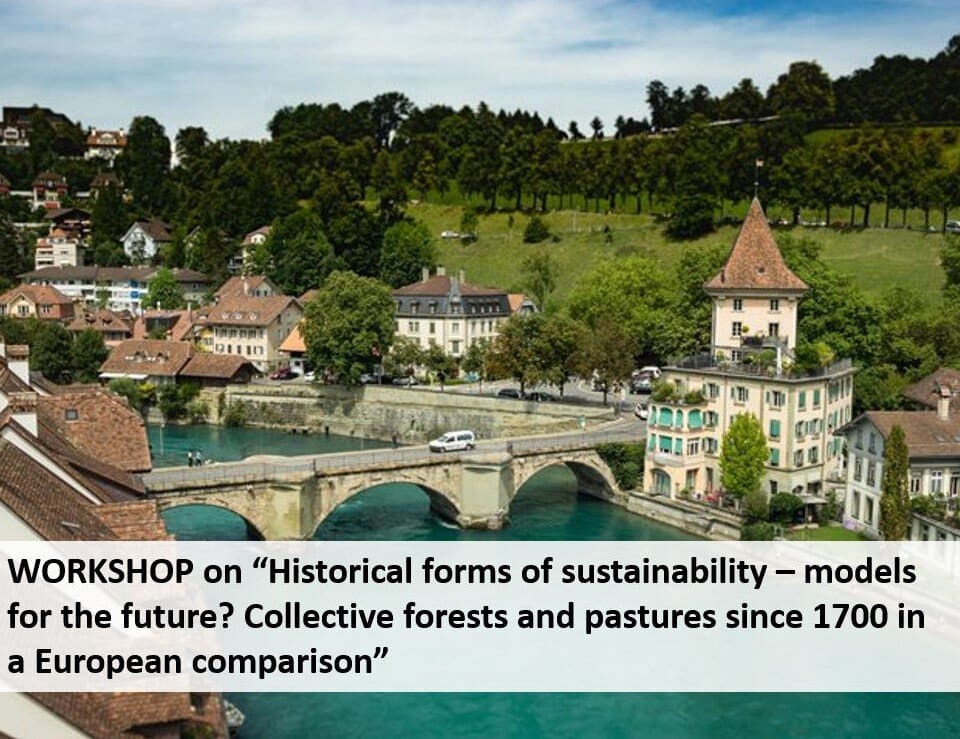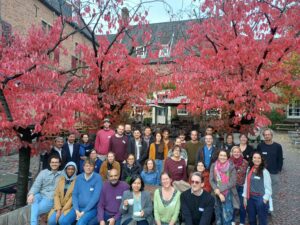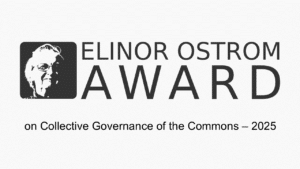Sustainability defined as trans-generational thinking and acting is at the heart of communal organisations and their common property institutions in their own views as well as from external perceptions. Sustainability in the sense of robustness of common property institutions is also one of the key elements in the works of Elinor Ostrom and other commons scholars, in which robustness is based empirically on eight so-called design principles. At the same time, the concept of sustainability, with its three classical dimensions of ecological resilience, social justice and economic efficiency, is an open-ended analytical tool for comparative research on collective resource usage practices in space and time. The issue of sustainability is currently high on the political agenda, and the question of what role the commons have played in this complex in the past and what they will play in the future is of central interest. This is especially the case in the context of decreasing relative prices for common pool resources, while these play a crucial role in the sustainable maintenance of European landscapes and their biodiversity.
Workshop organizers: Rahel Wunderli and Martin Stuber of the Institute of History at University of Bern; Research Project SCALES (Sustainable Commons Adaptations to Landscape Ecosystems in Switzerland)
Proposals are due by August 30, 2019. For detailed information read more here.









